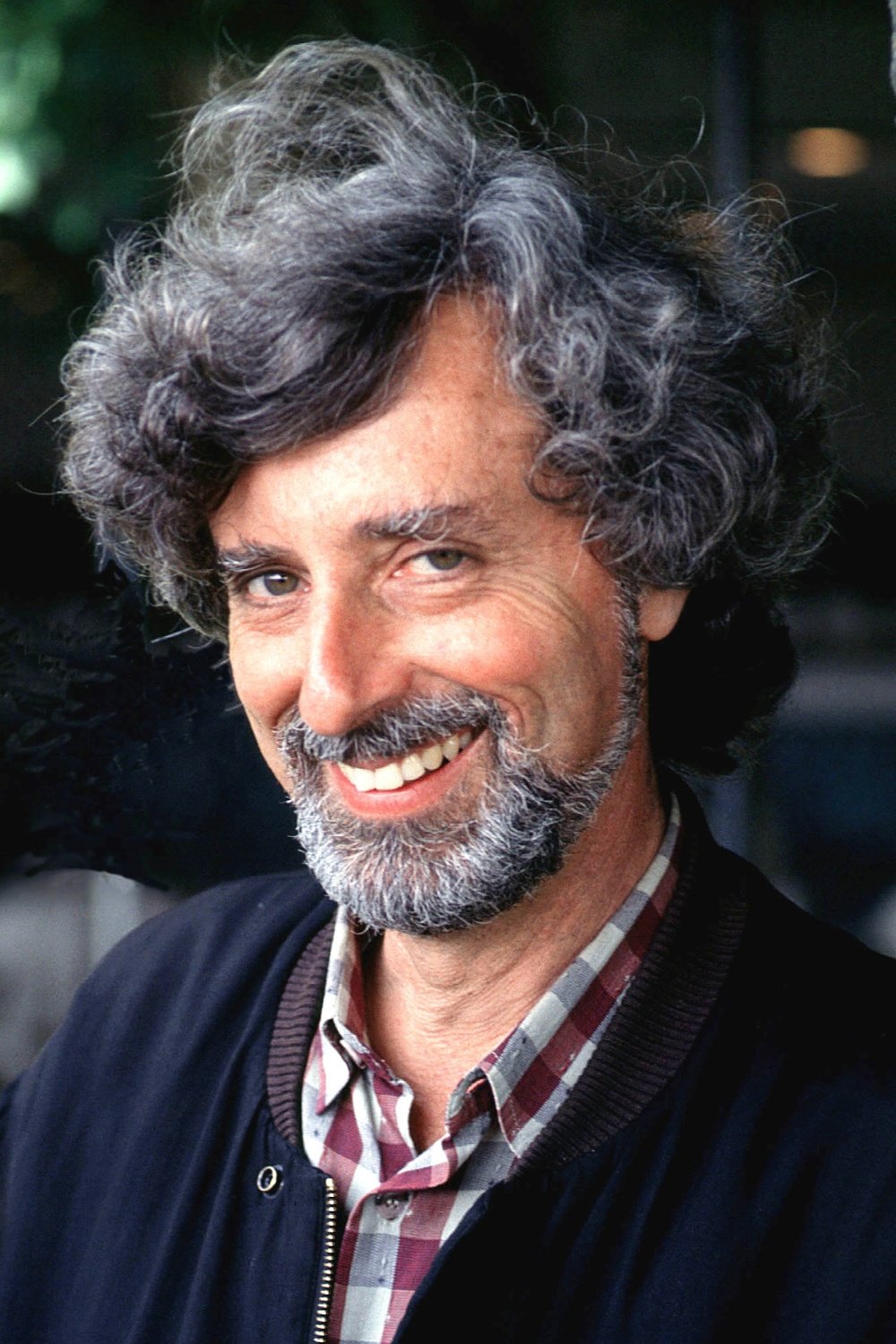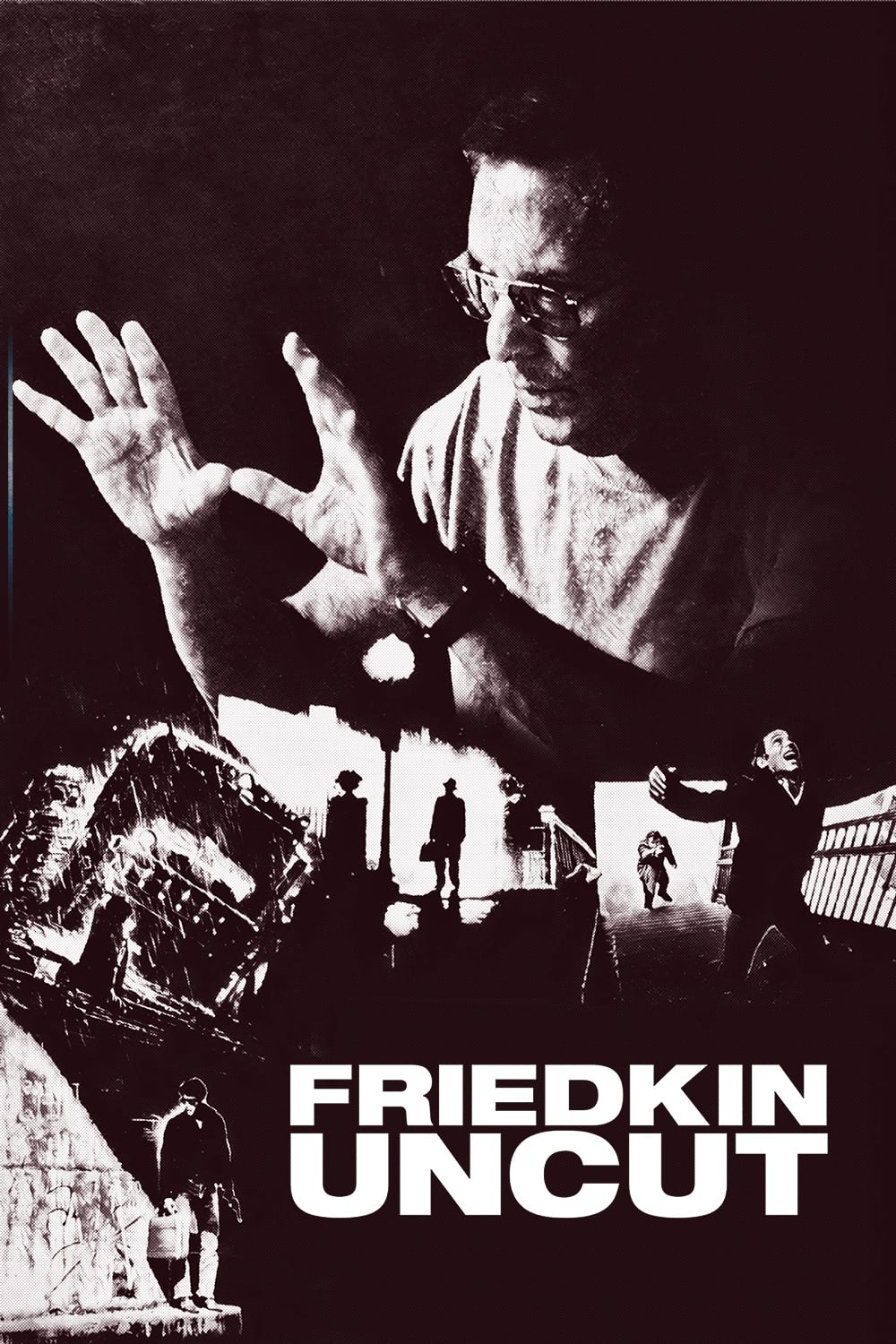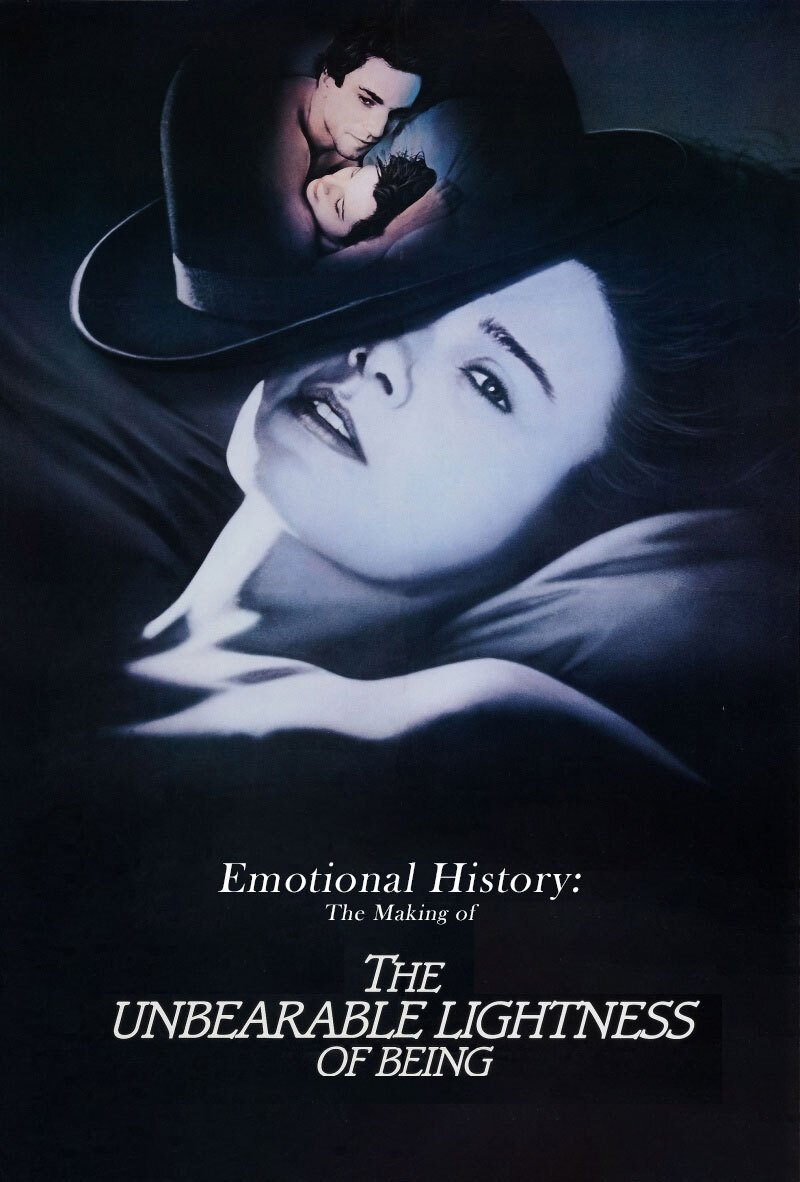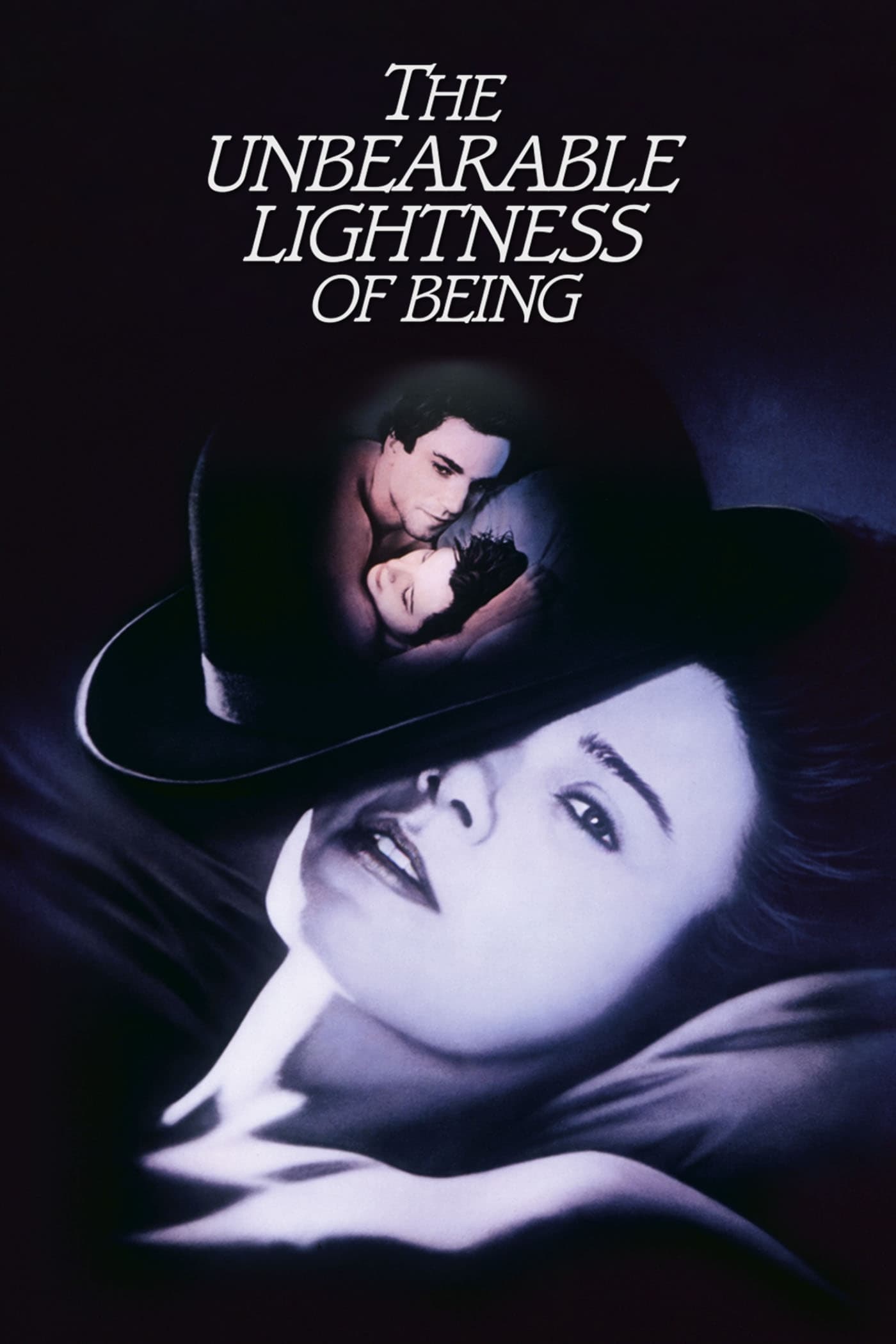

An introspective insight into the life and artistic journey of William Friedkin, an extraordinary and offbeat director of cult films such as The French Connection, The Exorcist, Sorcerer, Cruising, To Live and Die in L.A. and Killer Joe. For the first time Friedkin opens up, guiding the audience on a fascinating journey through the themes and the stories that have influenced his life and his artistic career.

Milan Kundera's rambling novel The Unbearable Lightness of Being, though greatly admired, was thought by Hollywood studio executives to be "unfilmable." Director Philip Kaufman and producer Saul Zaentz proved them wrong. Emotional History follows Kaufman and Zaentz as they enlist the help of screenwriter Jean-Claude Carrière and legendary film editor Walter Murch to turn the Kundera novel into an imaginative exploration of politics and eroticism, set against the backdrop of the Russian invasion of Czechoslovakia. Our documentary goes in-depth to discover how indelible moments in the film - Lena Olin kneeling on a dressing mirror; Russian tanks invading Prague; Juliette Binoche photographing her boyfriend's nude mistress; became a part of cinematic history.

Successful surgeon Tomas leaves Prague for an operation, meets a young photographer named Tereza, and brings her back with him. Tereza is surprised to learn that Tomas is already having an affair with the bohemian Sabina, but when the Soviet invasion occurs, all three flee to Switzerland. Sabina begins an affair, Tom continues womanizing, and Tereza, disgusted, returns to Czechoslovakia. Realizing his mistake, Tomas decides to chase after her.
Philip Kaufman (born October 23, 1936) is an American film director and screenwriter. Although not noted for directing a large number of films, the films he has worked on have been recognized for their intelligence and independence. He is noted for directing films of eclectic subjects, ranging from realism to fantasy, and often incorporating satire or subtle humor as part of his “artistic signature.” He was born in Chicago, Illinois. Kaufman has been considered a “risk taker.” He has successfully adapted novels of widely different types – from Milan Kundera’s The Unbearable Lightness of Being to Michael Crichton’s Rising Sun; from Tom Wolfe’s heroic epic The Right Stuff to the erotic writings of Anais Nin’s Henry & June. According to film historian James Welsh, his candid treatment of adult relationships in Henry & June was considered an “artistic breakthrough by an unconventional filmmaker who was willing to take a chance and put his career on the line.” His greatest success was the blockbuster film The Right Stuff, where he directed and wrote the screenplay. It earned eight Academy Award nominations, including Best Picture. And his best films have always had his personal imprint, “stressing values of individualism and integrity,” and always being "clearly American."
By browsing this website, you accept our cookies policy.